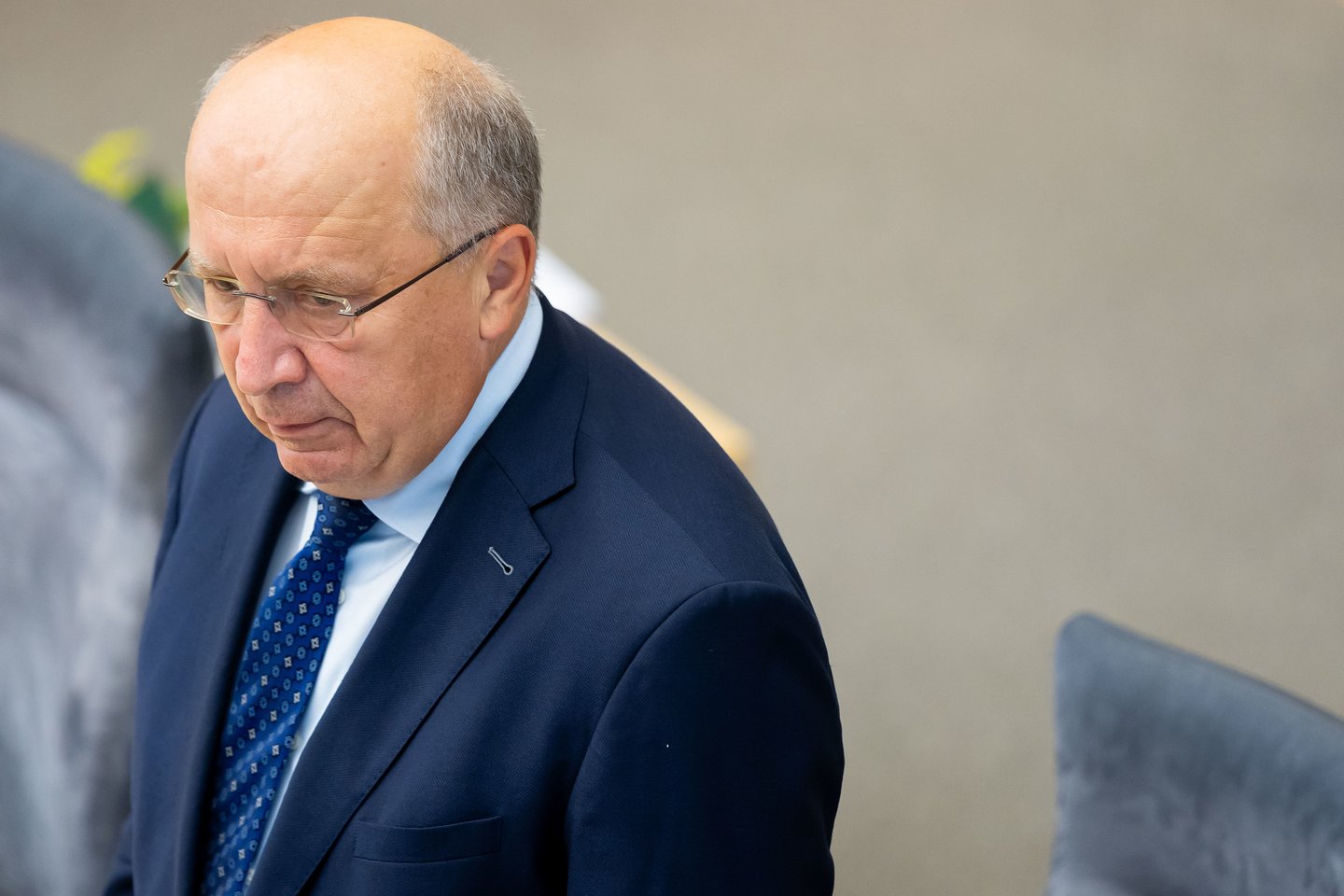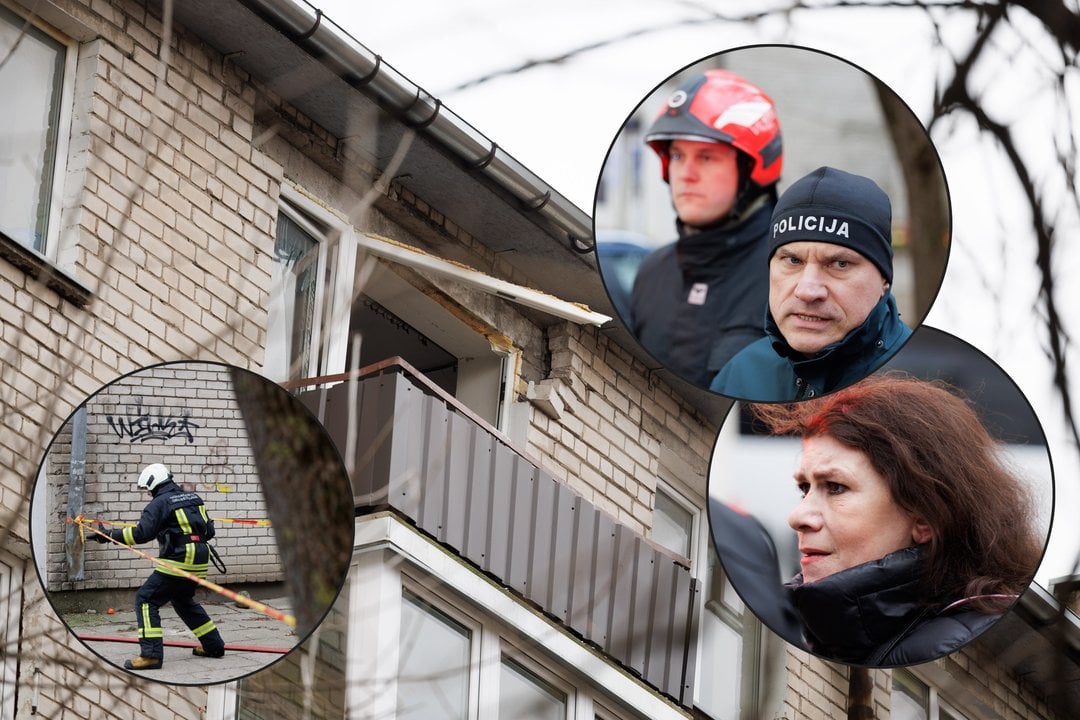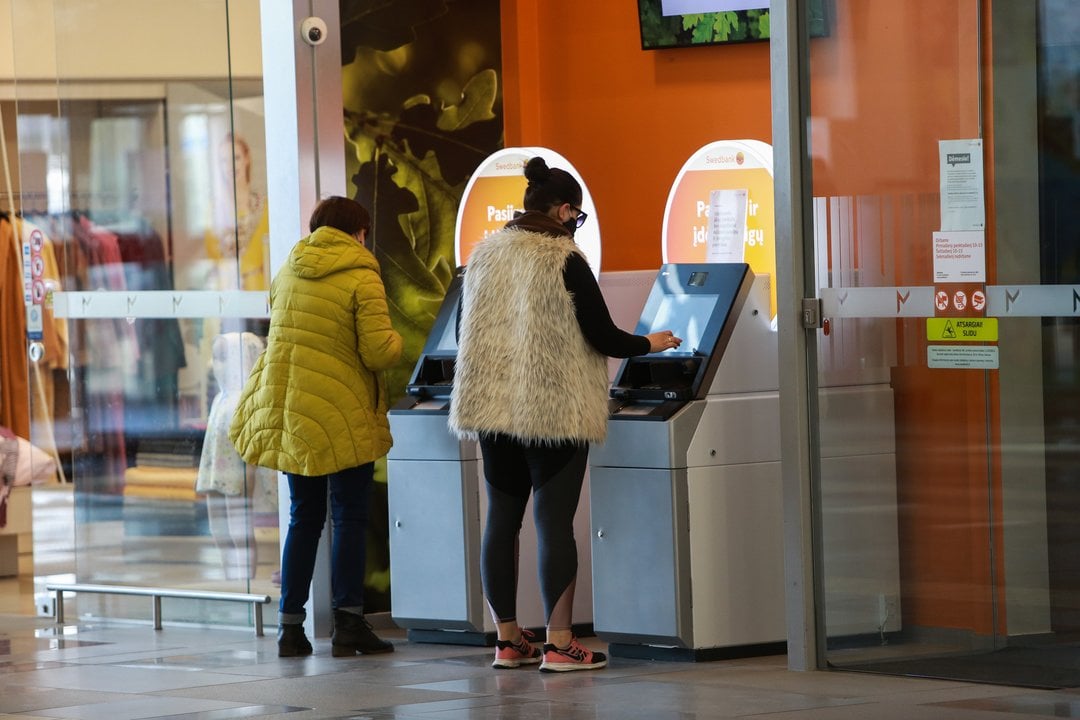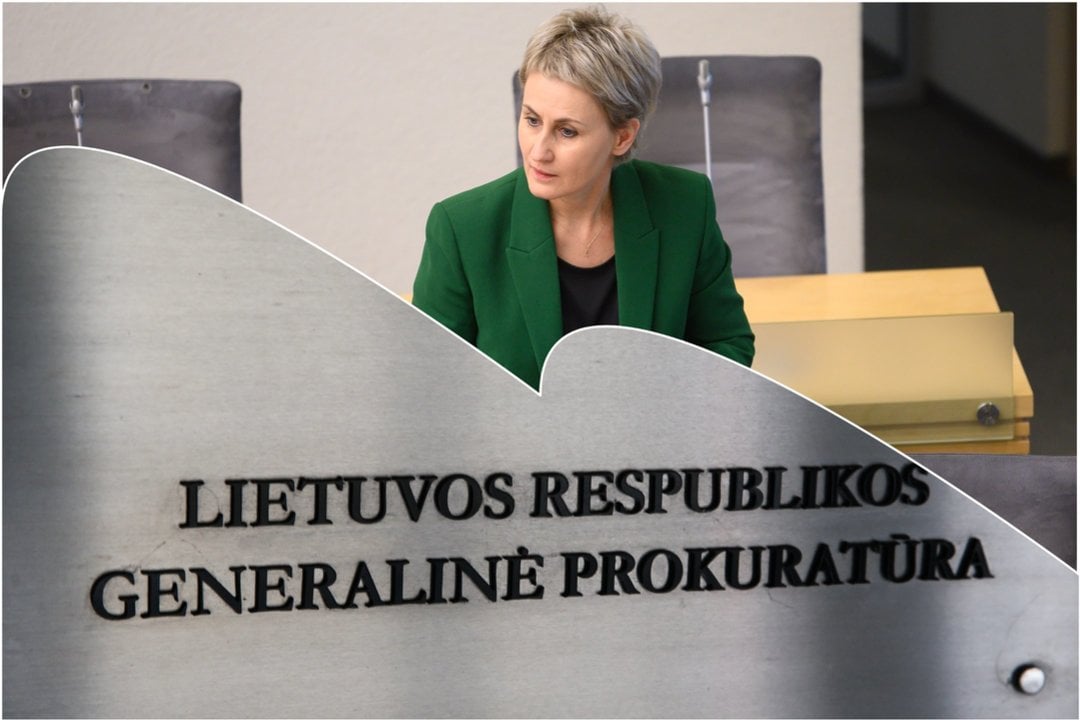„Ideally, we should consolidate all the needs of our member countries into a large single order. I call it the Big Bang approach, that we have to move from this step-by-step, market-improvement approach to a Big Bang approach, where we have to come with big orders and big money. This would also consolidate the industry,“ Kubilius told the Politika.lt podcast.
„The industry would benefit greatly from such long-term, big targets, coming jointly from European countries, because then they could plan their production expansion. On the other hand, it could also benefit the Member States. Here, all countries must ask European industry to produce a thousand tanks. If you have a large order, you can negotiate seriously and predict that the price of one tank will be lower than if you go with small orders,“ the Commissioner said.
He said this latter strategy could significantly accelerate the current process of arming European Union (EU) countries.
„What we see in the public press, sometimes leaked from NATO, is that the gap between what we need to have and what we have is quite wide. In addition, NATO lists 49 brigades, half a thousand tanks, and a thousand artillery. We are taking those targets and trying to turn them into a task for the industry. This is what needs to be produced. And not by 2044, but sooner“, said the Commissioner for Defence and Space.
As one of his first tasks, Mr Kubilius, who is responsible for Defence and Space, intends to work with the Commissioner for Foreign Affairs and Security Policy, Ms Kaja Kallas, to draw up a European Defence Plan, also known as the White book, within the first 100 working days.
Since Russia started the war in Ukraine, there has been increasing talk about the need for Europe to strengthen its defence infrastructure. This topic is receiving particular attention from the President-elect of the United States of America (USA), Donald Trump, and the Head of NATO, Mark Rutte. At the beginning of December, Mr Rutte called on NATO members to „turbo-charge to prevent the next big war“ because the Russian threat is growing, and European countries need to do more in defence.
Last year, the 32 NATO countries set a minimum level of defence spending at two per cent of gross domestic product (GDP). This year, 23 members are expected to reach that level, but according to Mr Rutte, the latter will have to be increased.
ELTA recalls that the new government's adjustment of the draft budget for 2025 and the EUR 800 million increase in the borrowing limit for the country's defence needs will bring Lithuania's national defence funding to 3.91% of GDP next year.




